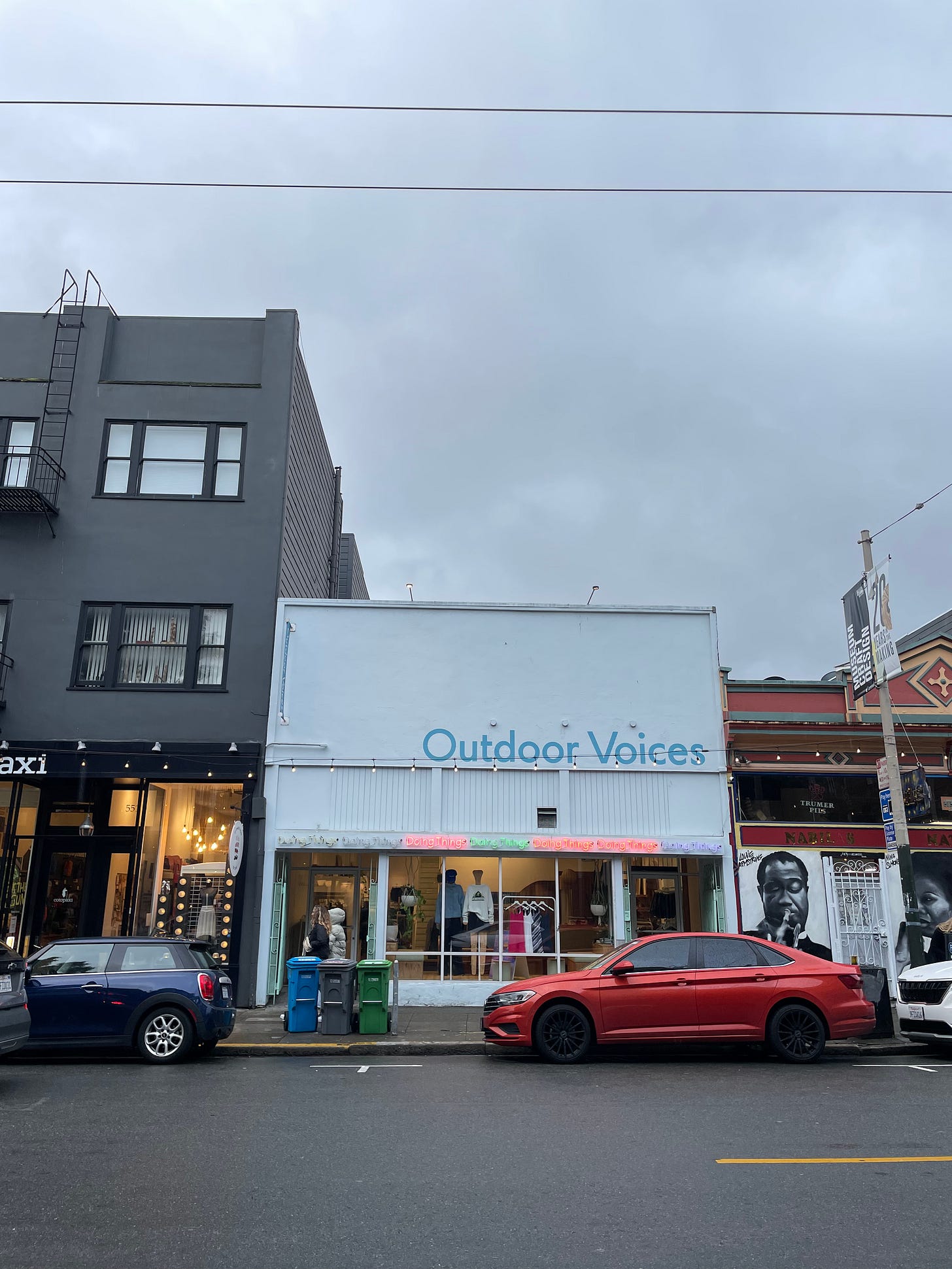What makes a business worth buying?
Join me as I enter my journey into the world of small business.
According to the US Chamber of Commerce, small businesses make up 43.5% of the USA’s 27 Trillion Dollar annual GDP. I found this somewhat surprising, given the fact that so much of our commercial lives are highlighted by mega-corps like Amazon, Chipotle, CarMax, and Google. Some mega corps are evil, most are not, but all succeed in facilitating huge sums of money through our economy.
This weekend, my Dad and I rented a car from Avis, the third largest rent-a-car mega corp in the USA. Our customer experience was sub-par to say the least. Surely they aren’t a very valuable company, right? I was wrong. Their boring, but stubbornly hard-to-kill business has a market cap of over three billion dollars.
Experiences like the one I had at Avis fuel my interest in businesses of the smaller variety. Small businesses alone were responsible for 63% of all US jobs created from 1995 to 2021. Needless to say, small business is still booming!
As someone who works for a small shop, I’ve come to realize just how many local businesses are hiding in plain site: restaurants, dental offices, swim schools, flooring companies, ad agencies, electrical contractors, grocers, painters, art galleries - the list goes on.
This got me thinking more about what makes certain businesses attractive investments. At the end of the day, a business is just a collection of people providing a good or service to the public - and collections of people are inherently messy and dynamic. But they can also be beautiful. If I owned a business, here are some things I would like to see [note: for those of you familiar with my Peaks Island T-shirt business, you’ll see that it meets very few of these criteria - and yet I still love the T-shirt business!]:
Recurring revenue - This is the the holy grail of any business. Recurring revenue is just what it sounds like - revenue that happens over and over again. Examples include your Netflix subscription, auto insurance, yearly maintenance contracts, etc. This type of revenue is more predictable than project-based revenue (think construction companies, apparel sales, etc.).
Fragmented market - I probably wouldn’t buy an e-commerce site that competes directly with Amazon. I’d much rather play in a market with smaller, less institutionalized competition. This doesn’t mean it’s easy! But these types of markets lend themselves to revenue and cash flow growth through both organic AND acquisition expansion (i.e. buying another small competitor).
Strong management team/A+ Talent and ensuing culture - I would argue that the strength of a business’s team is THE most important factor when determining a business’s success or failure. Whether you somehow inherit an incredible team of A players, place new employees/leaders at your company, or train your existing people, this simply cannot be overlooked. We’ve all had coworkers who were 10x better than the average Joe Schmo. These people are worth their weight in gold, and should be treated as such. A great team can overcome most business challenges and is often more important than the industry you are in.
There are plenty of other characteristics that I think make a business an attractive candidate for investment. Here are some of them:
Enduringly Profitable (i.e. they’ve been cashflow positive for decades, not months)
Good for the environment/society - it just feels better when your product or service is helping the world, not harming it!
Diversified customer base
In a growing market and growing location
Possess a strong competitive moat
Low customer churn
Mission critical to their clients
Operating out of property that they fully own
Consistently growing top line revenue year over year
Been around for over 10 years (the longer something has existed, the longer it will likely continue to exist!)
Resistant to AI or offshoring
Far up the supply/demand chain
Strong labor pipeline
Untapped partnership or marketing levers
Strong pricing power
In an overlooked industry
The problem with small businesses that fit all of these criteria are that they’re (1) like finding a needle in a haystack and (2) in high demand due to the aforementioned desirable characteristics. Businesses that meet these criteria are hard to build, hard to kill, and hard to buy! But these businesses exist in every corner of the economy, in every country in the world. In the future, I will discuss the process of finding them.
Until Next Time,
Noah Kim
Hayes Valley, San Francisco, USA







Great list.
Other ideas:
-Employee retention/eNPS
-Ability to grow both organically & inorganically through M&A
-Recession resistant
-Ownership Dynamics (for investors - investing into a favorable cap table)
-Exit Strategy (for investors - having multiple options for exit down the road)
-Personal Edge (for you as investor and/or operator - do you have an edge or skillset that can help take this company to the next level)